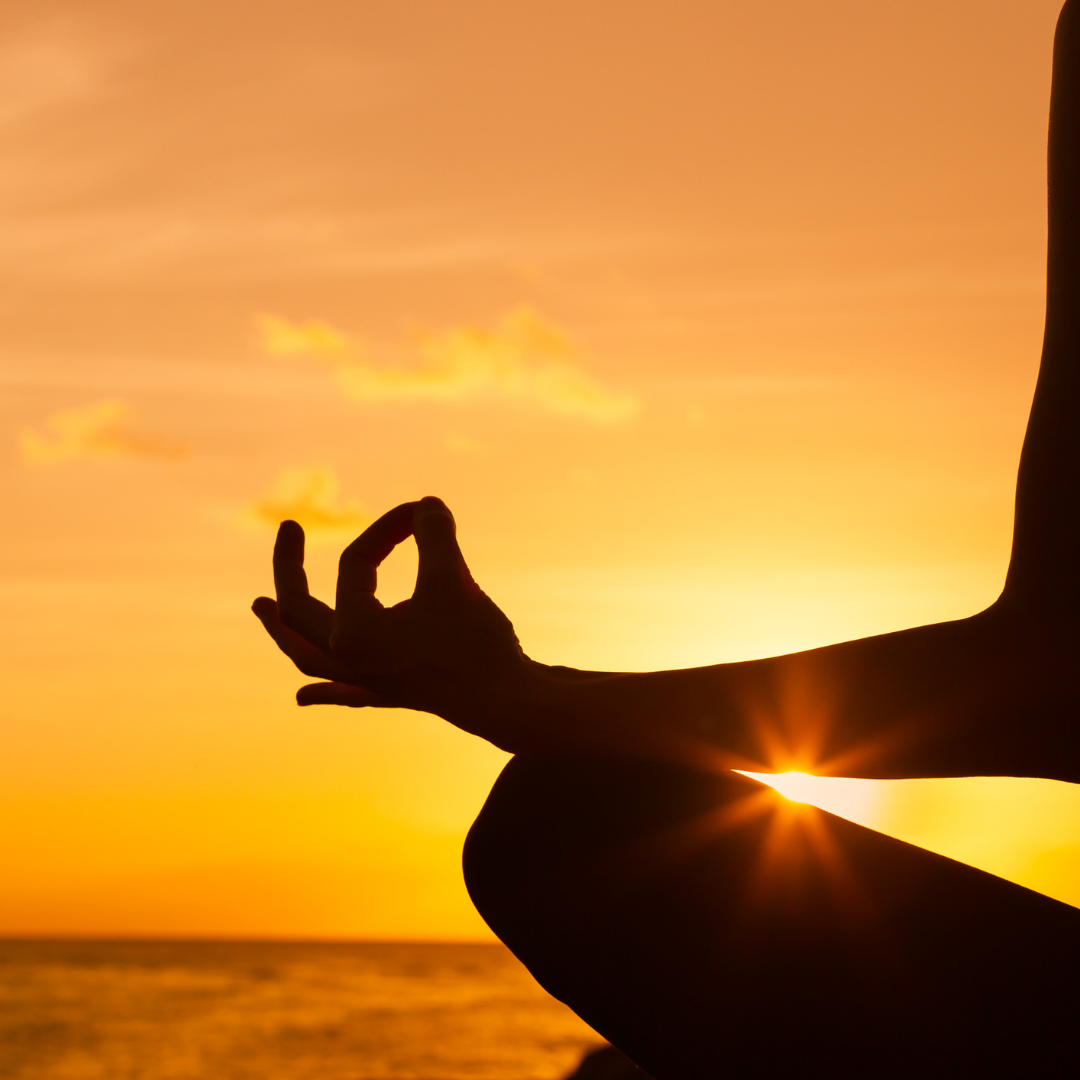
How Meditation Can Help With Anxiety: The Benefits of a Mindful Practice
Share
Do you suffer from anxiety?
Anxiety is one of the most common mental health issues in the United States, with around 18 percent of adults experiencing it in any given year. For those who suffer from anxiety, life can be a constant battle to keep the symptoms under control. Medication and therapy are often prescribed to help manage anxiety, but there is another option that you may not have considered: meditation.
In this blog post, we will explore the benefits of meditation for those struggling with anxiety and provide tips for getting started.
Possible Benefits of Meditation for Anxiety
Meditation can help reduce anxiety in several ways, including but not limited to: lowering blood pressure, improving sleep quality and quantity (leading to higher energy levels), reducing stress hormones like cortisol which have negative impacts on mood as well as overall health and longevity, increasing your ability to focus on tasks at hand rather than worrying about the future or pasting yourself off into some fantasy world where everything is perfect (this is known as mindfulness).
Being Mindful
Being mindful involves taking time out from your day to focus on your breath and the present moment. This can be done in a seated or reclining position, with eyes closed or open. For those who suffer from anxiety, mindfulness can help to ground you in the present and provide relief from racing thoughts and feelings of panic.
Getting Started - Types of Meditation
If you are new to meditation, it is best to start with a basic technique before progressing to more advanced practices. You may also want to consult your doctor or therapist if have any medical conditions that could be affected by the practice of meditation (such as high blood pressure).
Group Meditation
It can be helpful to practice meditation in a group setting, where you can receive support from others who are also working to improve their mental health. There are many different types of meditation, so it is important to find one that suits your needs and personality. You may want to try a few different techniques before settling on one that works best for you.
Guided Meditations
Guided meditations usually involve following along as someone else leads you through the process of relaxation. These can be found online or in books, and there are many different types available for all levels of experience. The main benefit to using guided meditation is that it gives structure to your practice without having an idea what should come next; this allows you to focus on the present moment without having to worry about getting lost in your thoughts.
Audio Recordings
If you are looking for a more independent practice, there are also many audio recordings of guided meditations available online. These can be helpful if you want to use meditation as a way to fall asleep or if you are struggling with anxiety and find it difficult to focus on your breath.
What should I wear?
Whether you're practicing meditation in a group, or alone in a private space, it's important to be comfortable. healed-ish, a mental health clothing company, has a wide selection of mental health clothing perfect for a relaxing meditation session.
Take Your Time
If you are feeling overwhelmed, start by meditating for just a few minutes each day and gradually increase the time as you feel more comfortable. Remember that there is no right or wrong way to do this; the most important thing is to be patient with yourself and find a practice that works well for you and do the work that will help you on your healing journey!
Conclusion:
Meditation is a great way to reduce anxiety and improve your mental health. There are many different ways to meditate, so it is important to find one that suits your needs and personality. Getting started with meditation may seem daunting, but if you start with a basic technique like following along with a guided meditation or listening to an audio recording, you will soon find that it becomes second nature and something you do every day.

